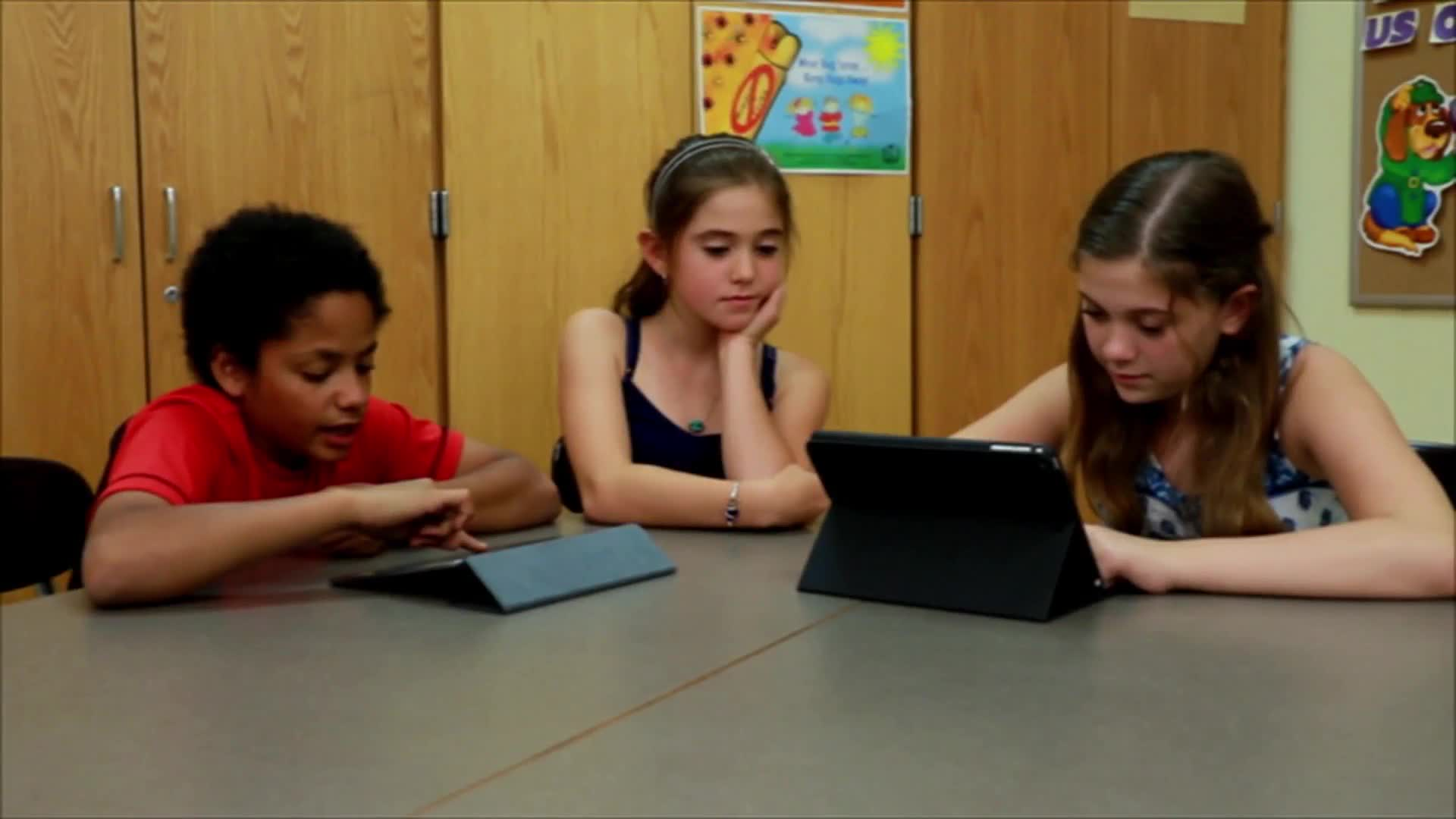
Introduction
Welcome, educators! Today, we will be discussing a fun and engaging activity to help middle school students understand the importance of positive classroom behaviors. By incorporating principles of Social-Emotional Learning, this activity will promote an environment where students can learn and have a good time in school. Let’s dive into the “How We Act in School Bingo” activity and explore how it can benefit your students.
No-Prep Activity
The “How We Act in School Bingo” activity requires no preparation or materials from the educator. Here’s how it works:
- Begin by creating a bingo board with various positive classroom behaviors, such as “Raise Your Hand,” “Wait Your Turn,” and “Show Respect.” Each student should have a unique board.
- Play a game of bingo by presenting different scenarios in the classroom, and ask students to identify the positive behavior demonstrated by the characters.
- Students will mark the corresponding behavior on their bingo board. The first person to get four behaviors in a row (up, down, across, or diagonal) can say “bingo!” and is declared the winner.
- Throughout the game, pause and discuss the scenarios presented, encouraging students to reflect on the importance of each behavior in the classroom.
This activity not only teaches students about positive classroom behaviors but also encourages them to practice self-awareness and self-control, which are essential components of Social-Emotional Learning.
Discussion Questions
To stimulate further discussions about positive classroom behaviors and Social-Emotional Learning, consider posing the following questions to your students:
- Why is it important to demonstrate positive classroom behaviors for both ourselves and our classmates?
- Can you think of a time when you or someone else demonstrated a positive classroom behavior? How did it impact the learning environment?
- What strategies can you use to remember and practice these positive behaviors in the classroom?
- How do these positive classroom behaviors relate to Social-Emotional Learning?
- What other behaviors or habits would you add to the bingo board, and why?
Related Skills
In addition to the classroom behaviors discussed in the “How We Act in School Bingo” activity, there are many other skills that contribute to a positive learning environment and support Social-Emotional Learning. Some of these skills include:
- Active listening and empathy
- Conflict resolution
- Teamwork and collaboration
- Resilience and adaptability
- Goal-setting and self-motivation
Next Steps
We hope you found the “How We Act in School Bingo” activity helpful in teaching your middle school students about positive classroom behaviors and Social-Emotional Learning. To access more resources and free samples of related materials, we encourage you to sign up at Everyday Speech. These resources will provide you with additional tools and strategies to support your students’ growth and development in the classroom.

